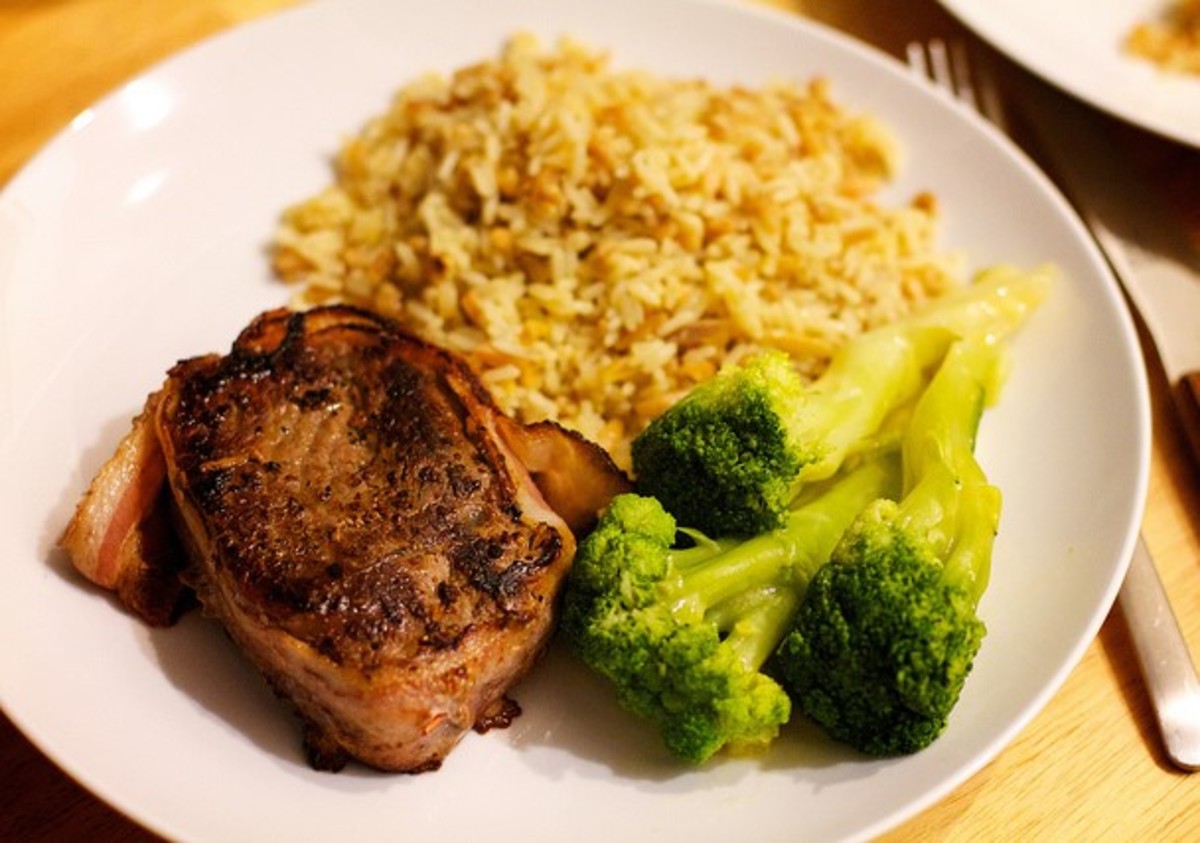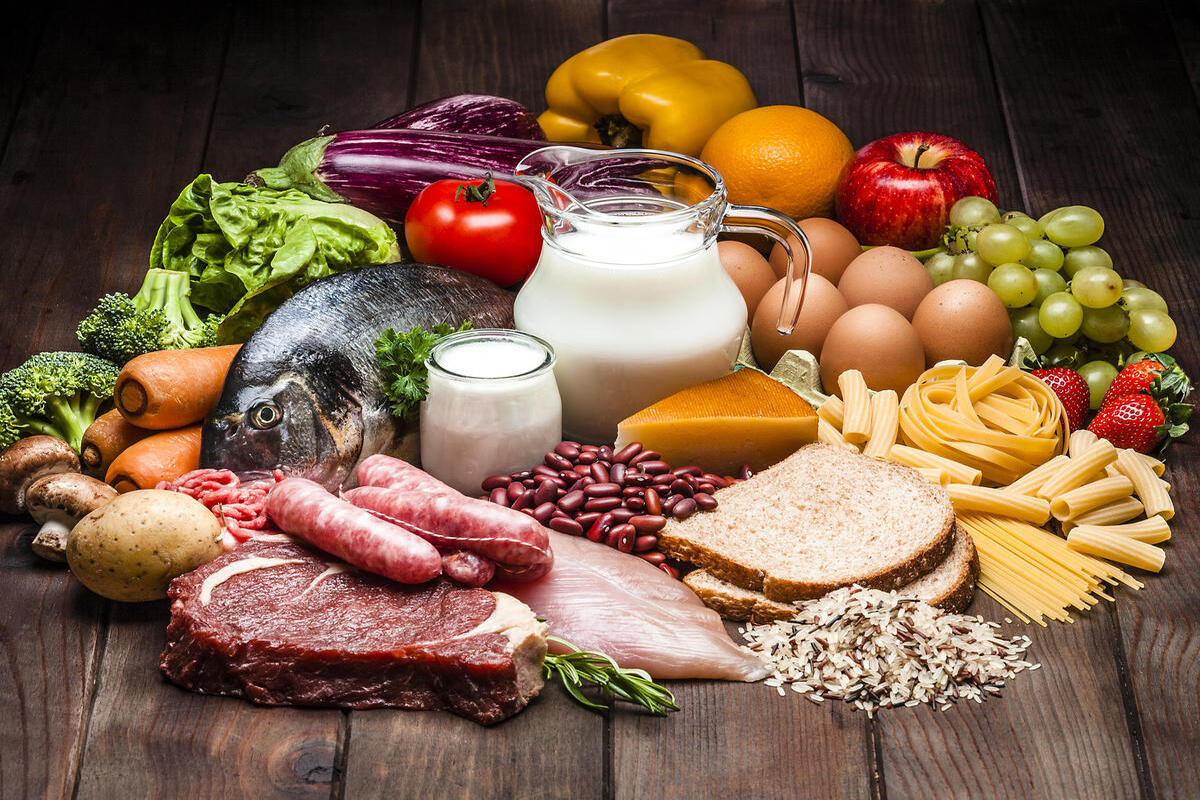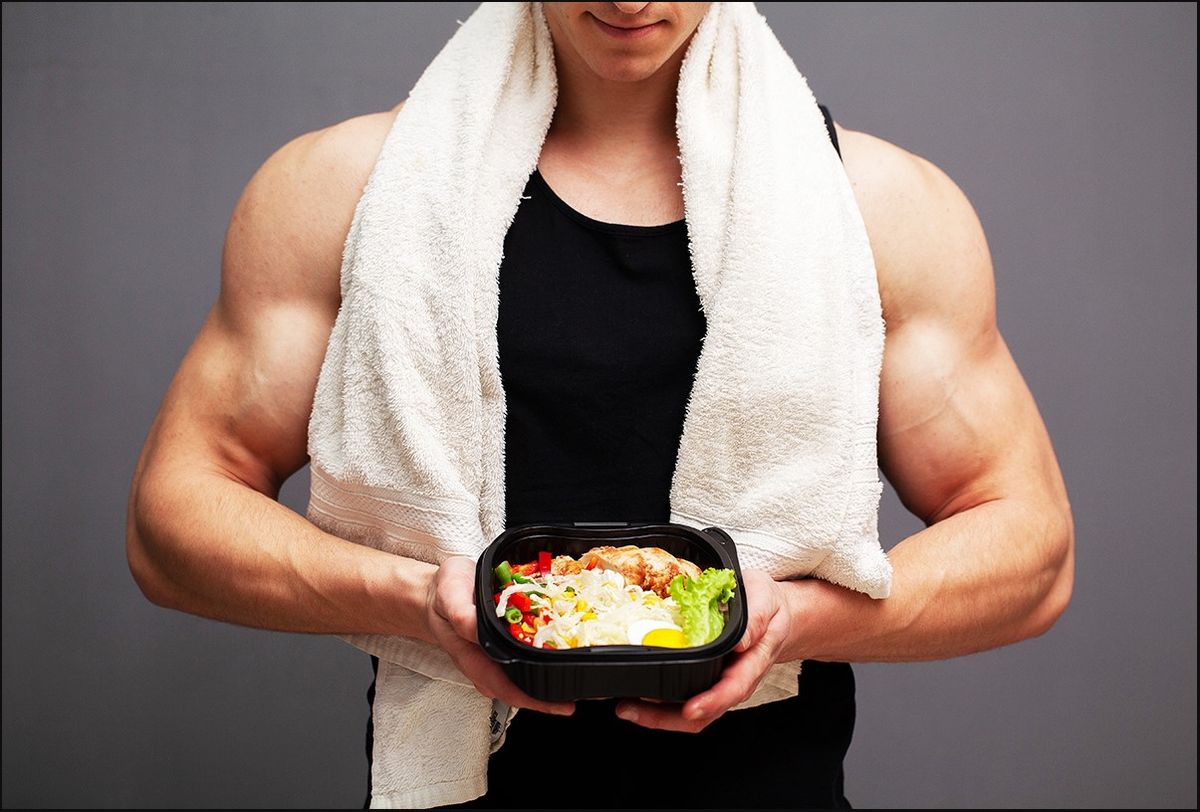Eating for Muscle Gains: A Guide to Fueling Your Body
Building muscle requires more than just hitting the gym and lifting weights. Proper nutrition plays a crucial role in supporting muscle growth and recovery. If you’re looking to pack on lean muscle mass, it’s essential to pay attention to what you eat. Here’s a guide on how to eat for muscle gains:
1. Prioritize Protein
Protein is the building block of muscle tissue. Aim to include a source of protein in every meal. Good options include chicken, turkey, fish, eggs, dairy products, and plant-based sources like tofu and legumes. Consuming protein-rich foods helps repair and rebuild muscle fibers after a workout.
2. Fuel with Complex Carbohydrates
Carbohydrates are your body’s primary source of energy. Opt for complex carbohydrates such as whole grains, sweet potatoes, quinoa, and oats. These foods provide a sustained release of energy, supporting your workouts and recovery process.
3. Don’t Forget Healthy Fats
Healthy fats are essential for hormone production and overall health. Include sources of healthy fats like avocados, nuts, seeds, and olive oil in your diet. These fats support muscle function and aid in nutrient absorption.
4. Stay Hydrated
Proper hydration is often overlooked but is crucial for muscle function and recovery. Aim to drink at least 8-10 glasses of water per day. During intense workouts, consider consuming a sports drink to replenish electrolytes lost through sweat.
5. Time Your Meals
Meal timing is important for muscle growth. Aim to eat a balanced meal or snack containing protein and carbohydrates within 30 minutes to an hour after your workout. This helps kickstart the recovery process and replenish glycogen stores.
6. Consider Supplements
While it’s best to get nutrients from whole foods, supplements can be beneficial for filling in any nutritional gaps. Whey protein, creatine, and branched-chain amino acids (BCAAs) are popular choices for individuals looking to support muscle growth.
7. Get Adequate Rest
Rest is just as important as nutrition and exercise when it comes to building muscle. Aim for 7-9 hours of quality sleep per night to support recovery and muscle growth.
By following these guidelines and staying consistent with your nutrition and training, you can optimize your diet for muscle gains. Remember, everyone’s nutritional needs are different, so it’s essential to listen to your body and make adjustments as needed. With the right approach to nutrition, you can fuel your body for muscle growth and achieve your fitness goals.
Was this page helpful?
Krishia
KC is a writer, an artist, a theatre enthusiast, and a food lover. She believes in the saying, “a jack of all trades is a master of none, but oftentimes better than a master of one.” That is why she has myriads of interests—from photography, cooking, designing, journaling, and the list still goes on. She dreams of traveling the whole country on her own someday to satiate her eyes, her curiosity, and of course, her stomach.











